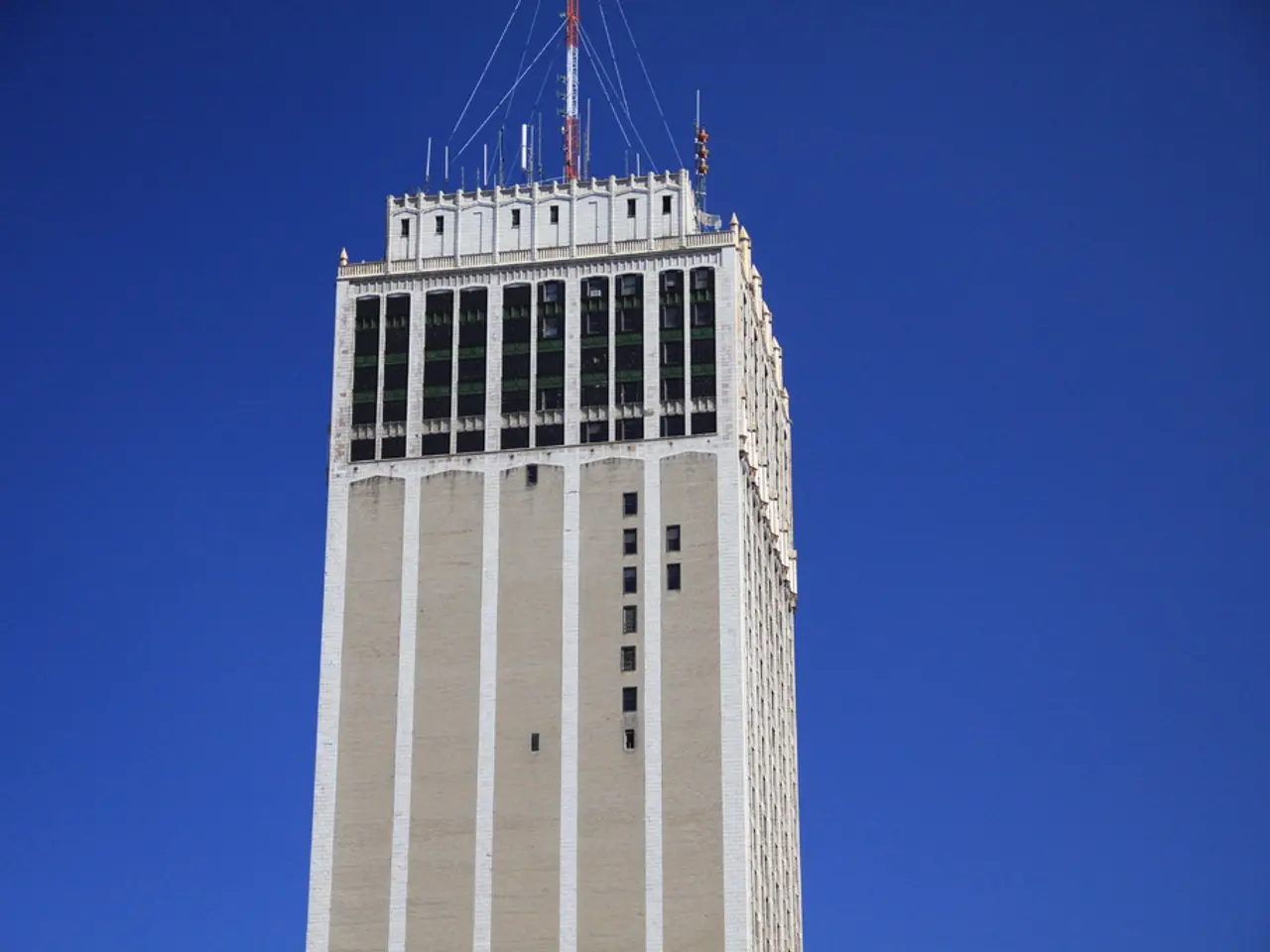Axiom & Spacebilt Team Up for ISS Optical Data Center Node
Axiom Space and Spacebilt are collaborating to build the Axiom Orbital Data Center Node (AxODC Node ISS), a module for the International Space Station (ISS). This project aims to establish a high-performance optical data center node on ISS for storing and processing data.
The AxODC Node ISS will feature an optical communications terminal from Skyloom, hardware from Phison Electronics and Microchip Technology. Axiom's global director of in-space data and security, Jason Aspiotis, stated that this project is part of a roadmap for a distributed and federated network of orbital data center nodes. When connected, Axiom's three orbital data centers will provide enough capacity for cloud-computing applications including artificial intelligence and machine learning algorithms. Axiom previously tested data storage and processing on ISS with an Amazon Web Services Snowcone solid-state drive in 2022. The project is led by Axiom Space, with Spacebilt handling the design and integration of the node with ISS payloads. In August 2023, Axiom and Red Hat sent another data center, AxDCU-1, to the space station. Phison's Pascari solid-state drives, part of Spacebilt's Large In-Space Server, previously traveled to the moon in February 2023 on an Intuitive Machines Athena lunar lander. The 2027 launch will be the first spaceflight for Microchip's PIC64 High-Performance Spaceflight Computing, developed with NASA funding.
The AxODC Node ISS project, a collaboration between Axiom Space and Spacebilt, is set to advance data storage and processing capabilities in space. With planned launches and integrations, this project aims to establish a robust optical data center node on the ISS, paving the way for further advancements in cloud-computing applications.
Read also:
- Transitioning to Electric Vehicles Places Heavy Demand on Power Grids
- E-mobility continues its progress after a decade since the scandal, staying on course
- The Commission deems the assistance program to be in agreement with the domestic market regulations.
- Innovative Garments and Accessories Producing Energy: Exploring Unconventional Sources for Renewable Power








